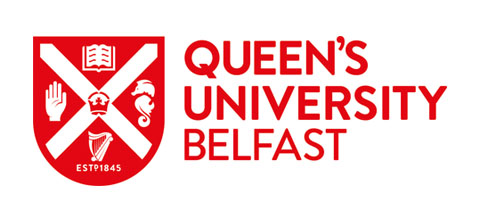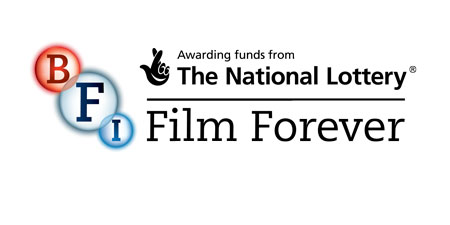This is a past event
 What Should a Soviet Film Be? A Talk By Ian Christie
What Should a Soviet Film Be? A Talk By Ian Christie
Lenin famously declared that 'film was the most important art' for the Bolsheviks, but died before the new Soviet cinema got started. As the tenth anniversary of the October revolution approached, there was competition and controversy over how it should be marked on screen.
Film historian Ian Christie contributed to London's two major art exhibitions marking the centenary of 1917, and here offers a guide to what was happening on the kino front before October appeared.
YOU MIGHT ALSO LIKE
Battleship Potemkin
Battleship Potemkin is a must-see for anyone interested in the history of cinema. Portraying the true story of a sailors' revolt on board the Battleship Potemkin and the subsequent massacre of the Odessa citizens who have supported them, the film is truly a landmark of cinema.
Ivan the Terrible, Parts I & II – Double Bill
Regularly cited on ‘Greatest Films’ lists, the two parts of Eisenstein's Ivan the Terrible are epic in scope and awesome in visuals.
October: Ten Days That Shook The World
Co-directed with Grigori Aleksandrov, Eisenstein’s October is an epic recreation of the events that led to the storming of the Winter Palace in October 1917. A stunning achievement in cinema, October is powerful, personal and controversial – initially banned, with its first British screenings only taking place in 1935.
Strike
One of the first major films of the Soviet Montage movement, Strike is a highly political propaganda film with strong statements about collectivism. The film depicts a strike in the year 1903 by the workers of a factory in pre-revolutionary Russia, and explores the labourers’ tension and hardship under the ruling class.







